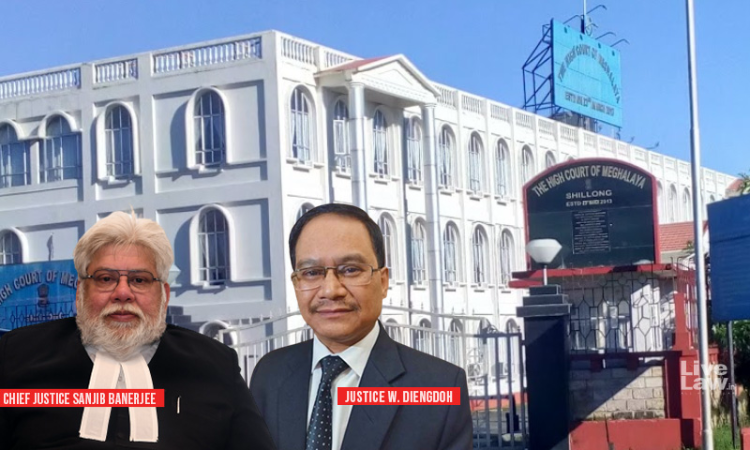Appeal U/S 21 NIA Act Not Maintainable Against Order Framing Charges: Meghalaya High Court
LIVELAW NEWS NETWORK
1 Oct 2022 1:15 PM IST

Next Story
1 Oct 2022 1:15 PM IST
The Meghalaya High Court has held that an order framing charges under stringent provisions of UAPA cannot be challenged in appeal under Section 21 of the National Investigation Agency Act.A bench of Chief Justice Sanjib Banerjee and Justice W. Diengdoh observed that the scheme of the NIA Act envisages speedy process of trial and finality of action. Thus, the appeal provision in Section 21 of...
